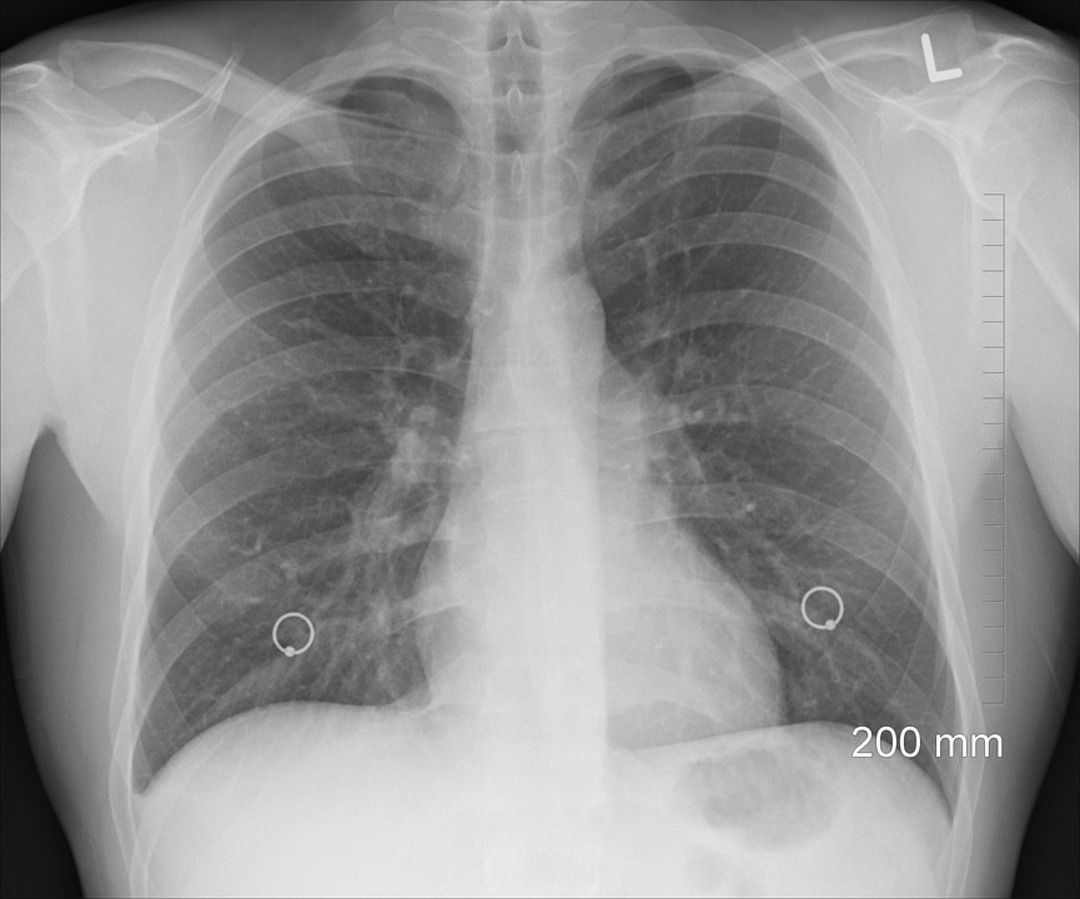-
WHO monitoring cases of pneumonia of unknown origin in Argentina

The World Health Organization is monitoring a cluster of 10 cases of pneumonia from an unknown cause in Argentina in an outbreak that so far has included three deaths, Reuters reported.
Pneumonia is an infection that inflames the air sacs in one or both lungs. The air sacs may fill with fluid or pus (purulent material), causing cough with phlegm or pus, fever, chills, and difficulty breathing.
Symptoms have included fever, muscle and abdominal pain and shortness of breath. Several patients had pneumonia in both lungs.
The cases are linked to a single private clinic in the city of San Miguel de Tucumán, located in the northwest part of the country, according to the Pan American Health Organization (PAHO), the regional office of the WHO.
An initial report on Tuesday included five healthcare workers and a patient who was treated in the intensive care ward of the clinic, with symptoms emerging between Aug. 18-22.

On Thursday, local health officials reported another three cases, bringing the total to 9, including three deaths. All three people who died had other health conditions.
On Friday, Argentina reported an additional case.
Patient with new strain of monkeypox hospitalized in U.K.
Tests for known respiratory viruses and other viral, bacterial and fungal agents were all negative, PAHO said. Biological samples have been sent to Argentina's National Administration of Laboratories and Health Institutes for additional testing, which will include an analysis for the presence of toxins.
Dr. Michael Osterholm, an infectious disease expert at the University of Minnesota, said given that the lungs are heavily involved, the cause is likely something the patients inhaled.
He first suspected Legionnaires' disease, which is caused by inhaling droplets of water containing Legionella bacteria, but tests have ruled that out.
WHO reports more than 41,000 cases of monkeypox globally
PAHO and the WHO are monitoring the outbreak and assisting local health officials with the investigation.
Osterholm said "mystery illnesses" do sometimes happen, and most often they can be explained by some local outbreak that does not have pandemic implications.
Osterholm said he expects more definitive information from Argentine health officials in the next five to seven days.
levantnews-arabnews
You May Also Like
Popular Posts
Caricature
BENEFIT Sponsors BuildHer...
- April 23, 2025
BENEFIT, the Kingdom’s innovator and leading company in Fintech and electronic financial transactions service, has sponsored the BuildHer CityHack 2025 Hackathon, a two-day event spearheaded by the College of Engineering and Technology at the Royal University for Women (RUW).
Aimed at secondary school students, the event brought together a distinguished group of academic professionals and technology experts to mentor and inspire young participants.
More than 100 high school students from across the Kingdom of Bahrain took part in the hackathon, which featured an intensive programme of training workshops and hands-on sessions. These activities were tailored to enhance participants’ critical thinking, collaborative problem-solving, and team-building capabilities, while also encouraging the development of practical and sustainable solutions to contemporary challenges using modern technological tools.
BENEFIT’s Chief Executive Mr. Abdulwahed AlJanahi, commented: “Our support for this educational hackathon reflects our long-term strategic vision to nurture the talents of emerging national youth and empower the next generation of accomplished female leaders in technology. By fostering creativity and innovation, we aim to contribute meaningfully to Bahrain’s comprehensive development goals and align with the aspirations outlined in the Kingdom’s Vision 2030—an ambition in which BENEFIT plays a central role.”
Professor Riyadh Yousif Hamzah, President of the Royal University for Women, commented: “This initiative reflects our commitment to advancing women in STEM fields. We're cultivating a generation of creative, solution-driven female leaders who will drive national development. Our partnership with BENEFIT exemplifies the powerful synergy between academia and private sector in supporting educational innovation.”
Hanan Abdulla Hasan, Senior Manager, PR & Communication at BENEFIT, said: “We are honoured to collaborate with RUW in supporting this remarkable technology-focused event. It highlights our commitment to social responsibility, and our ongoing efforts to enhance the digital and innovation capabilities of young Bahraini women and foster their ability to harness technological tools in the service of a smarter, more sustainable future.”
For his part, Dr. Humam ElAgha, Acting Dean of the College of Engineering and Technology at the University, said: “BuildHer CityHack 2025 embodies our hands-on approach to education. By tackling real-world problems through creative thinking and sustainable solutions, we're preparing women to thrive in the knowledge economy – a cornerstone of the University's vision.”
opinion
Report
ads
Newsletter
Subscribe to our mailing list to get the new updates!





















